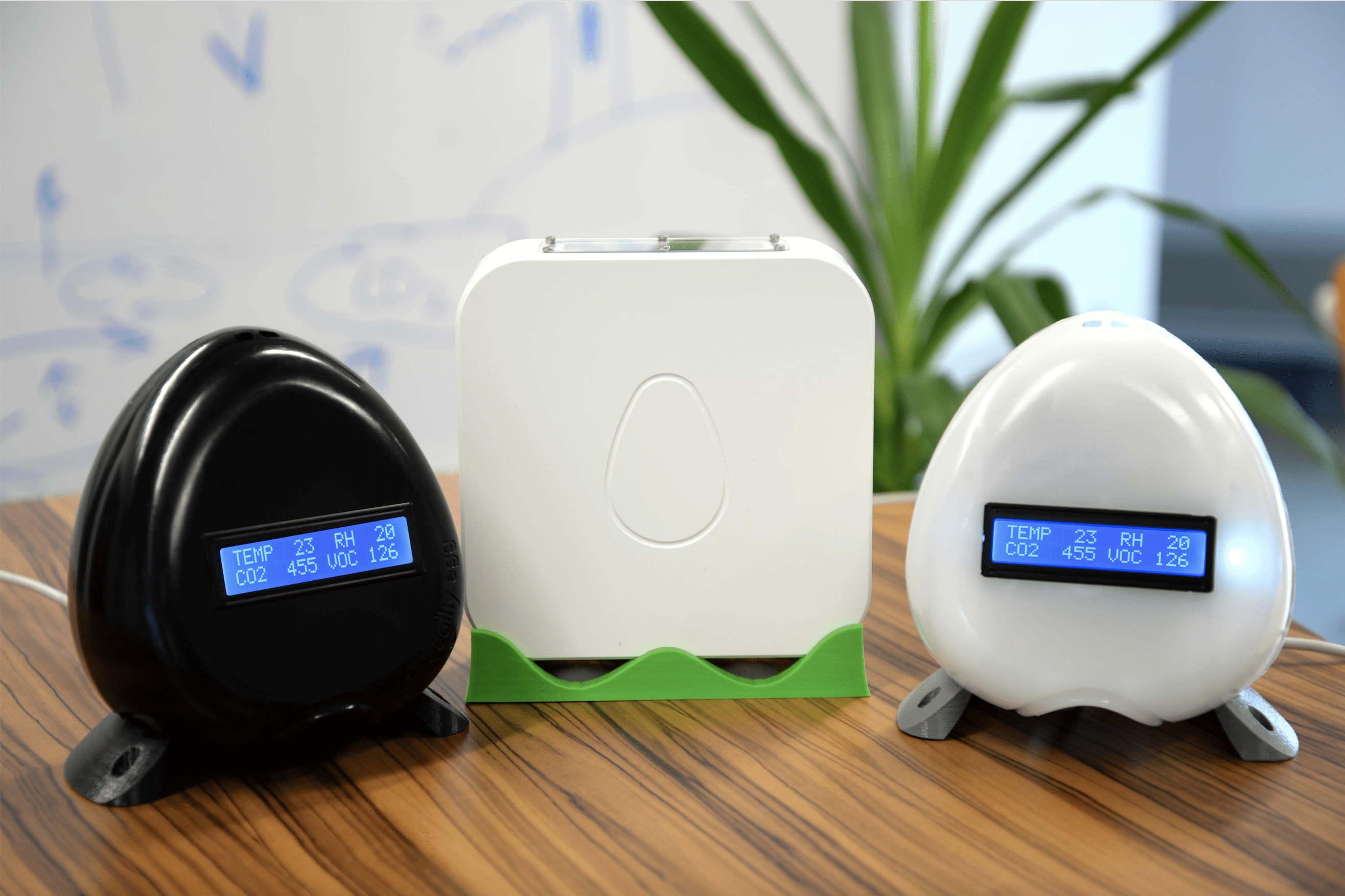
Air Quality Egg Cracks a $742,000 Grant from the National Science Foundation
How does a plastic egg sitting in the classroom help students learn real-life problem solving and analytics?
The Air Quality Egg is a groundbreaking educational tool that empowers entire classrooms to learn analytics, data interpretation, and problem solving using real-life data they collect themselves.
In March 2018, Wicked Device was awarded a $742,000 grant from the National Science Foundation (NSF) via the highly competitive Small Business Innovation Research (SBIR) Phase II program to further develop the Air Quality Egg and its curriculum for middle and high-school educators. The grant will support further development of the Egg, its software application, mobile app, and curriculum.
The Egg, about the size of a grapefruit, accurately measures air quality 24/7, identifying peaks and valleys in air particulates (including pollen, dust, and dirt), CO2 (high levels are linked to reduced cognitive function), VOC (volatile organic compounds), and other factors. Then, the data is wirelessly collected online for any citizen scientist to explore. The curriculum empowers teachers to engage every student in the classroom with an easy, plug-and-play approach that reflects Next Generation Science Standards (NGSS), the standard curriculum used by over 20 states in the U.S.
“Data literacy and interpretation is an integral skill for today’s youth. With the Air Quality Egg, they can see the data from their own classrooms and compare it to classrooms across the country,” said Dirk Swart, co-founder. “When students look at the data through our software, they see a story come to life—a story they are literally breathing in each day.”
Wicked Device, the makers of Air Quality Egg, is based in Ithaca, NY and produce air quality measurement tools and data programs for personal, educational, and commercial use. A proud member of Ithaca: Startup Works, the company was established in 2010 by Cornell University alumus Victor Aprea (Master of Engineering ’04 ) and Dirk Swart. To date, the company has sold over 3,000 Eggs across the United States. Customers include Lockheed Martin, Cornell University, the BOCES education system of NY, and many others. The MAK Museum of Applied Art in Vienna even has an Egg on permanent display.
